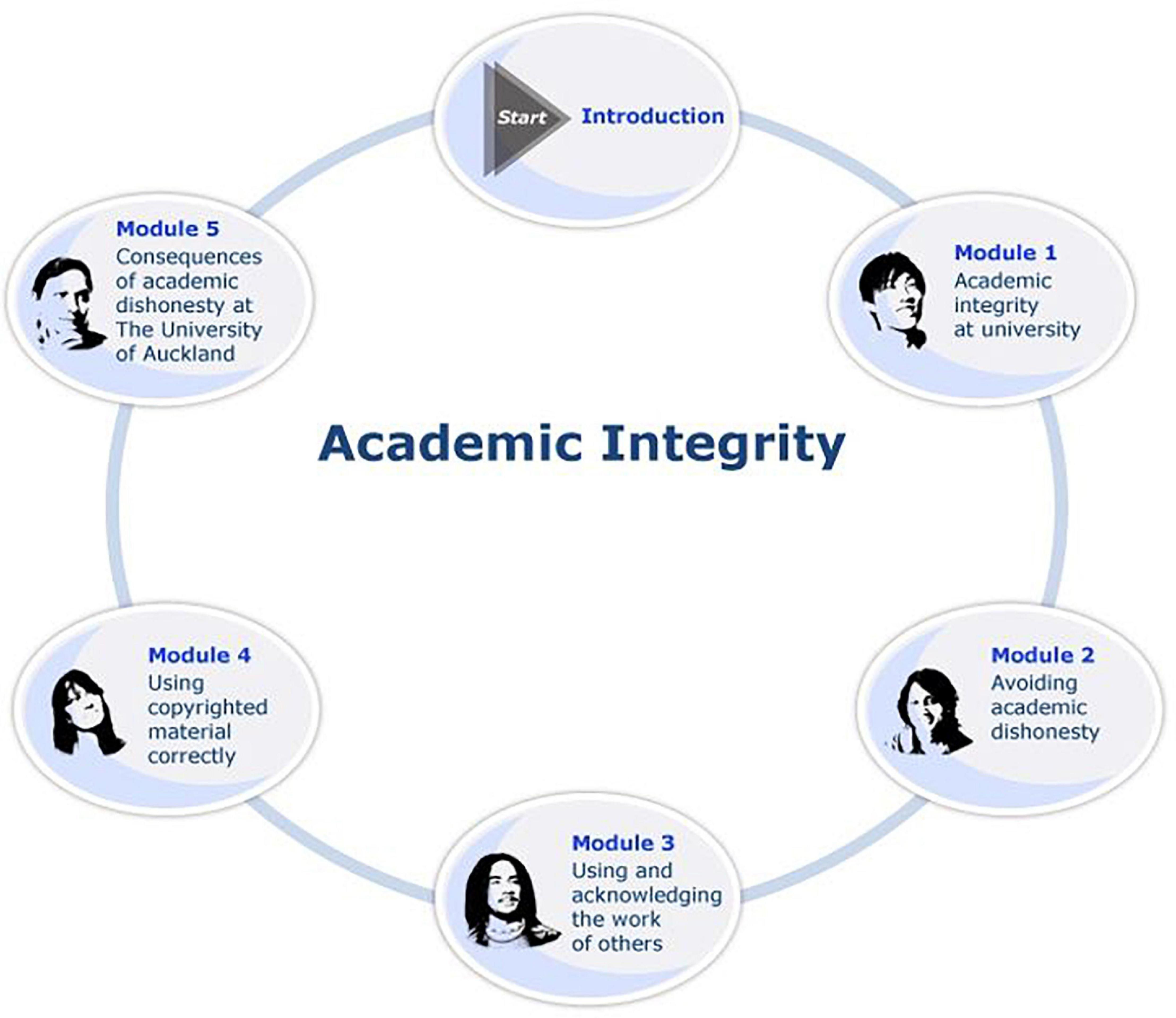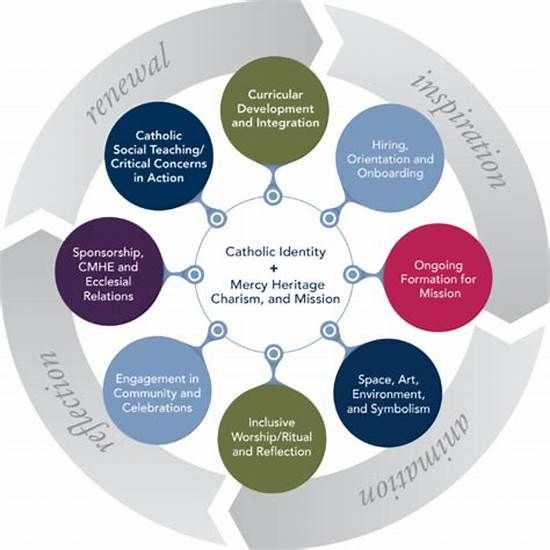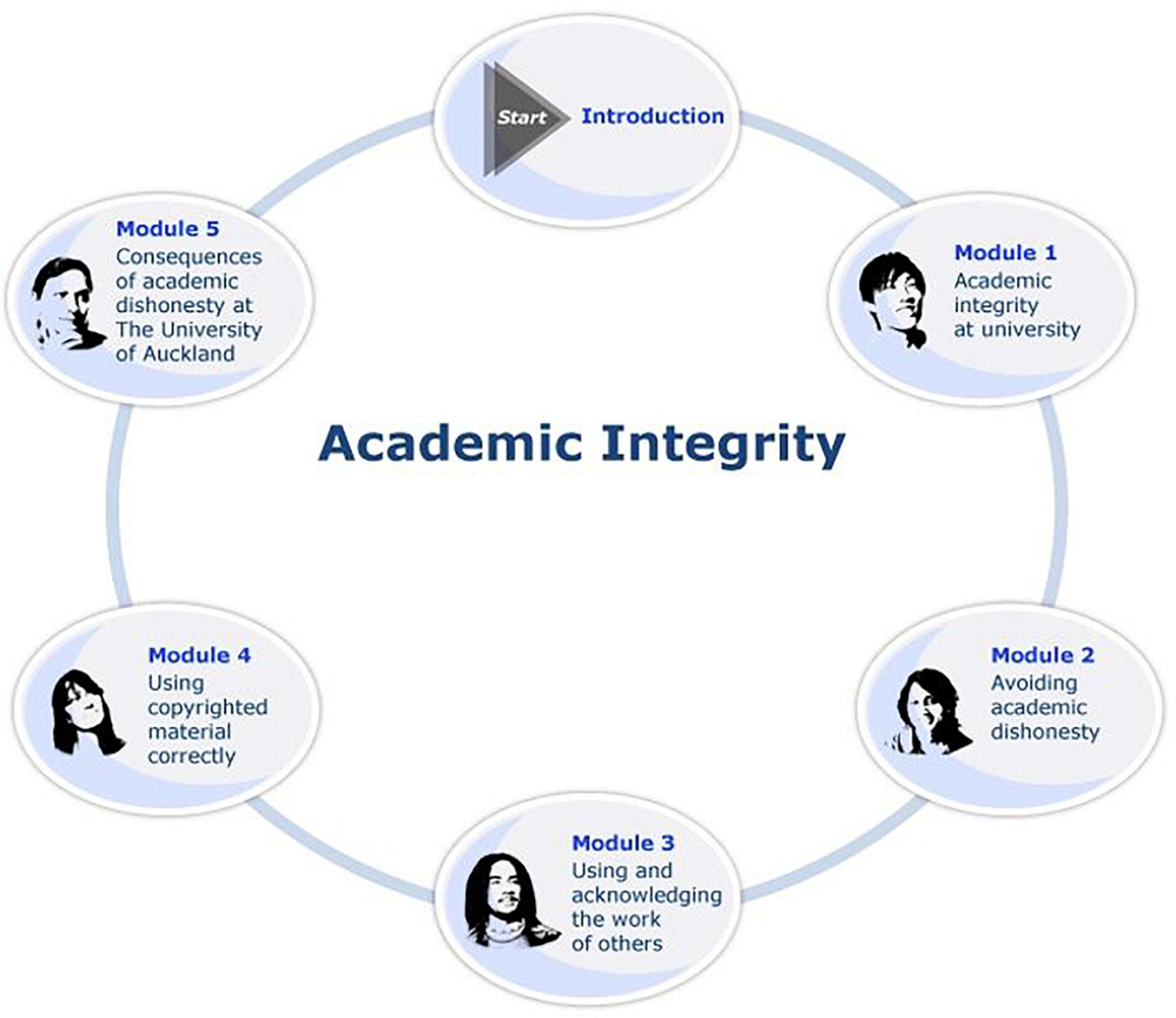@Ekaterina-P Artificial Intelligence has indeed brought significant innovations to education, enhancing both teaching and learning experiences. However, as you pointed out, it also poses challenges regarding academic integrity. At our school, we have implemented several strategies to address the misuse of AI and uphold academic standards.
Firstly, we revised our academic integrity policy to explicitly include guidelines on the use of AI. Students are educated about what constitutes appropriate and inappropriate use of AI tools. We emphasize that while AI can be a valuable aid for research and learning, it should not be used to complete assignments or write papers on behalf of students.
To detect AI-generated content, we use advanced plagiarism detection software that includes AI content recognition features. Tools like Turnitin have been updated to flag AI-generated text, helping us identify work that may not be original. Additionally, we encourage teachers to incorporate unique and personalized assignments that are less susceptible to AI misuse and require critical thinking and personal reflection.
To persuade students to avoid misusing AI, we focus on education and ethics. We conduct workshops and seminars that highlight the importance of academic honesty and the long-term benefits of genuine learning. We also provide support for students struggling with their coursework, offering tutoring and resources to help them succeed without resorting to unethical practices.
By combining clear policies, advanced detection tools, and a strong emphasis on ethics and support, we strive to create an environment where students can harness the benefits of AI responsibly and maintain the integrity of their academic work.


_1715846262206.jpg)



